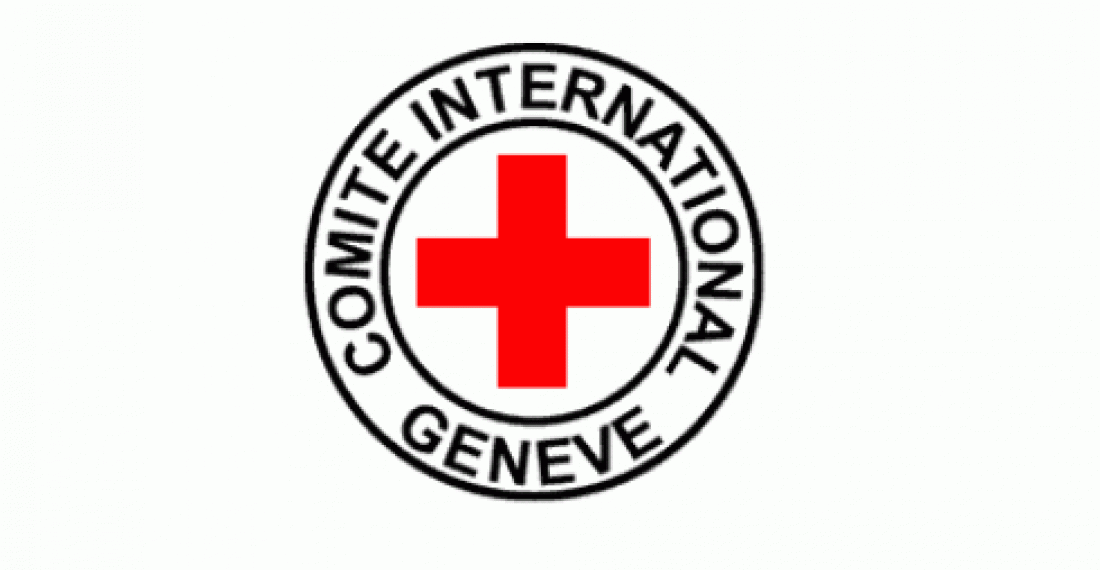Representatives of the International Committee of the Red Cross (ICRC) have visited an Azerbaijani soldier who last week was captured by Armenian forces who say that he had crossed into Armenian territory. The circumstances of the incident are still unknown and it is still not clear if the soldier drifted into Armenian territory by mistake or if he was captured whilst on a military operation.
The ICRC had recently concluded a complicated exerecise that saw all soldiers of Armenia and Azerbaijan that were held as prisoners of war being either exchanged or sent to third countries. The ICRC is highly respected by both sides in the conflict and its work is greatly valued. It is expected to start soon the process for the return of the captured Azerbaijani soldier, but this may take a long time.
source: commonspace.eu







